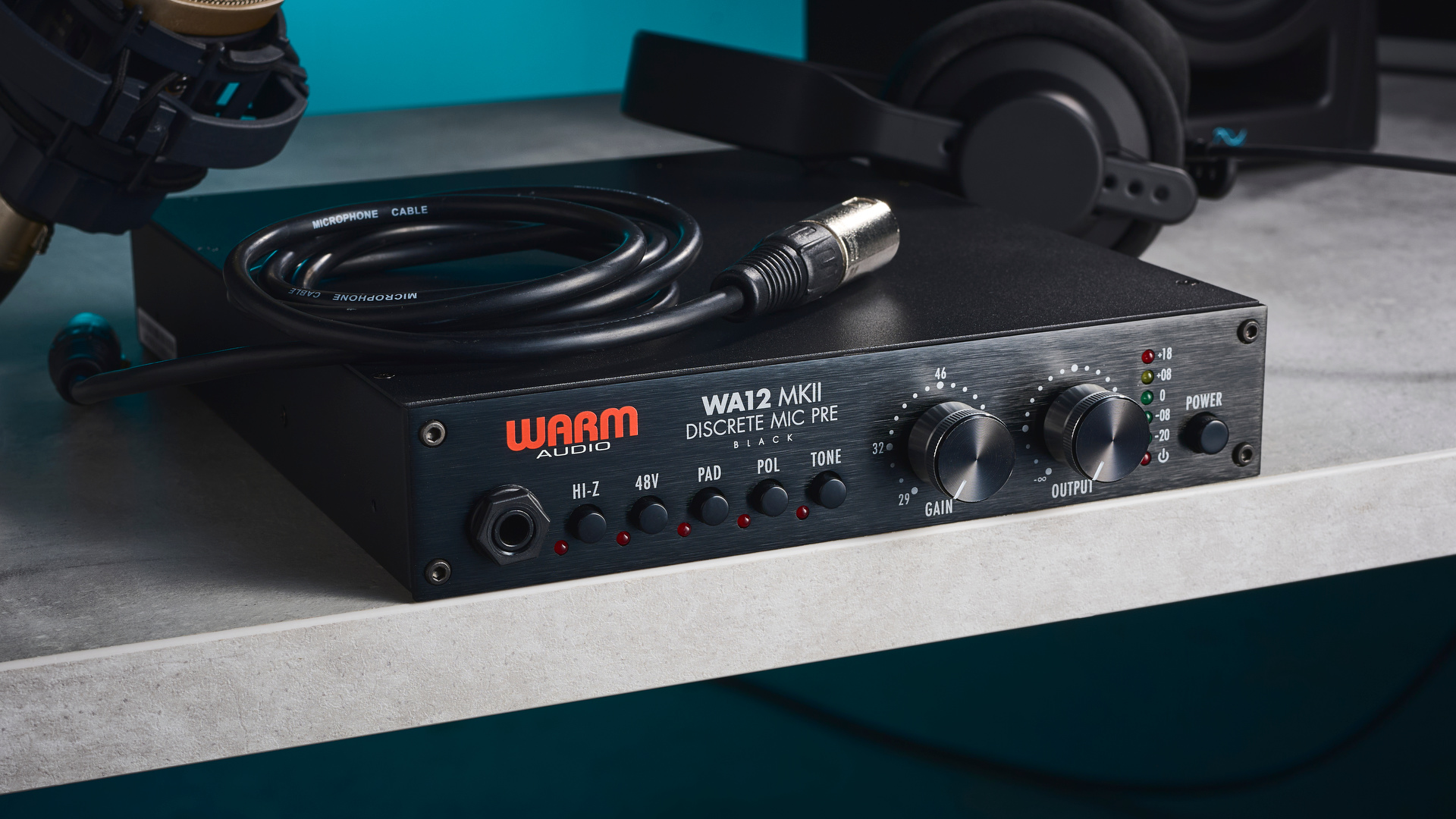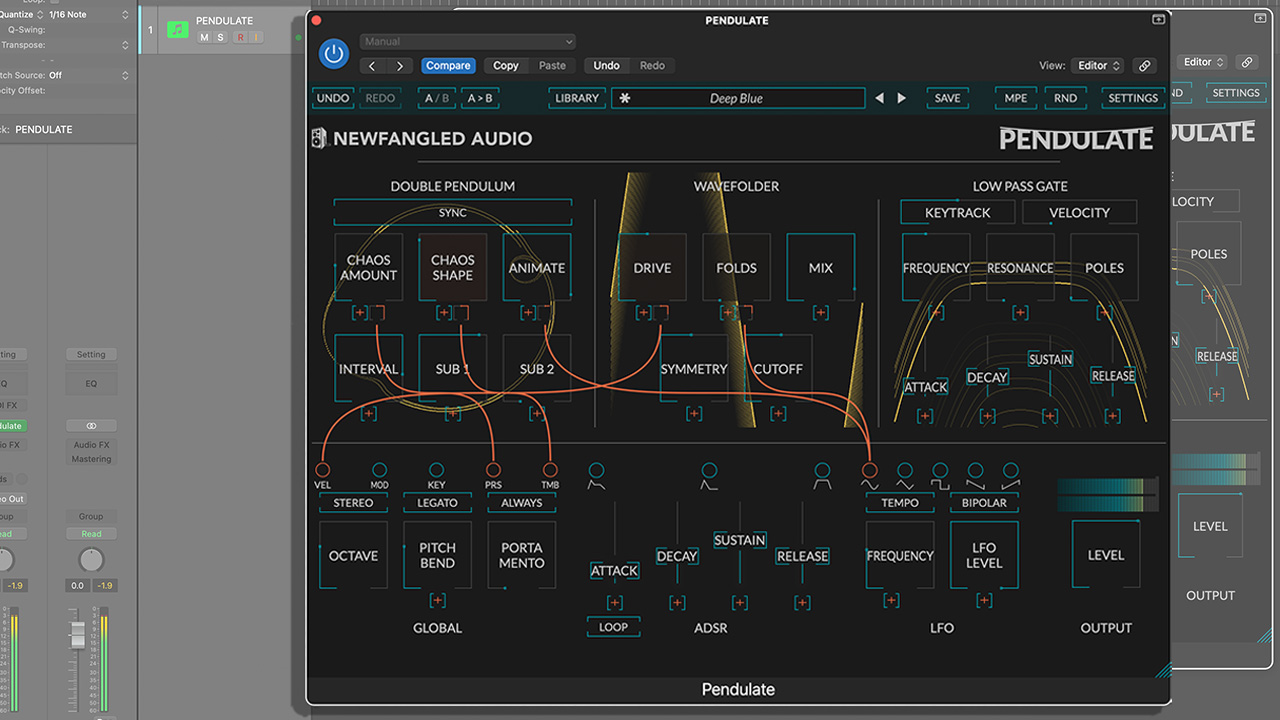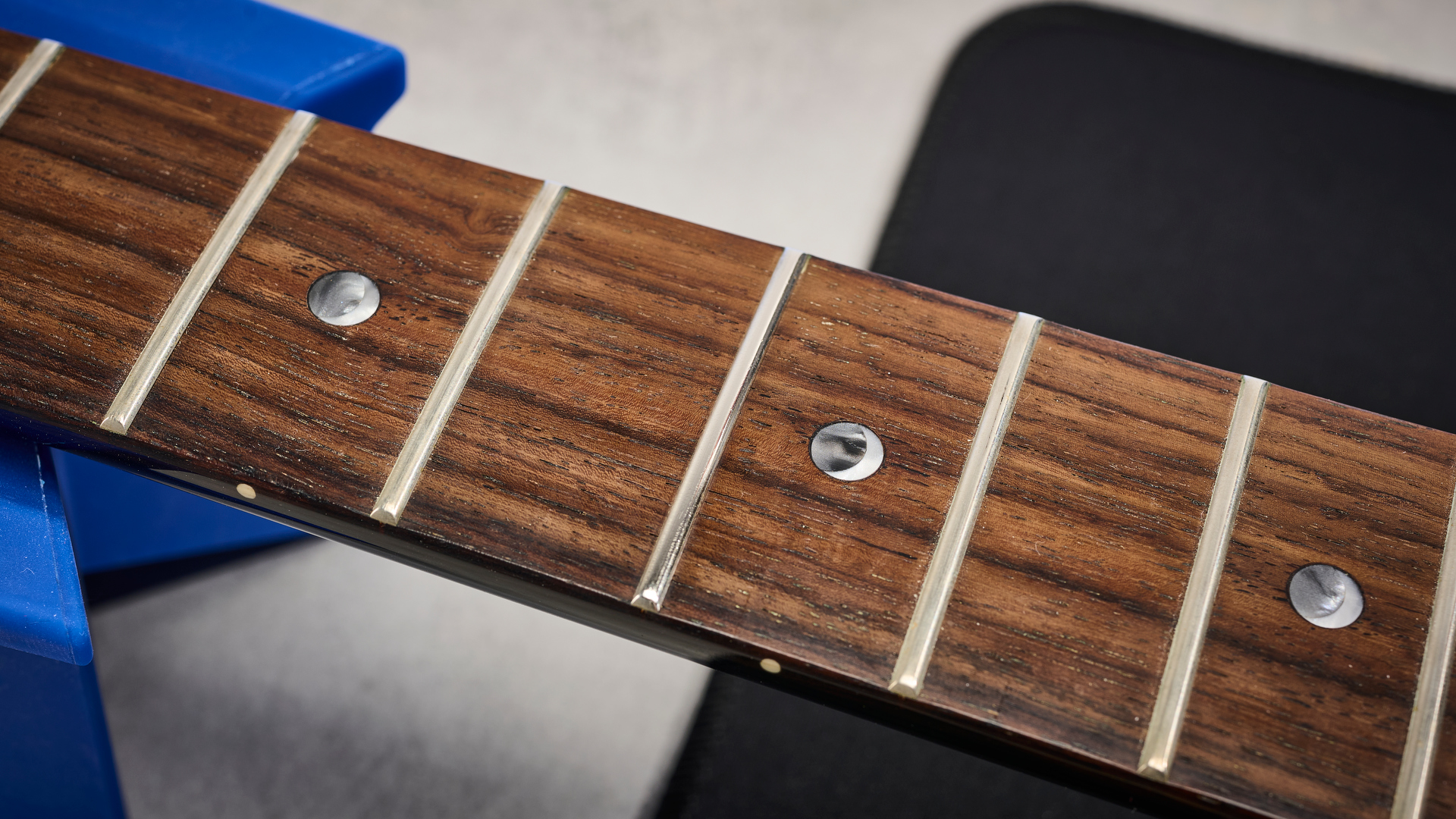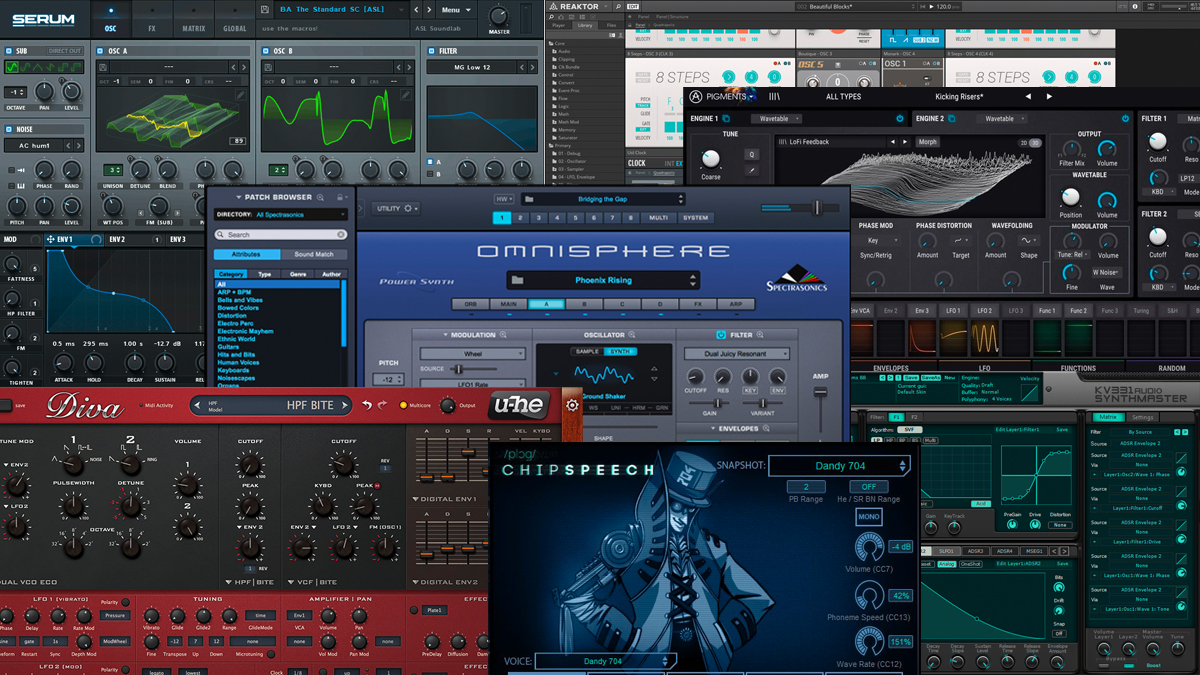Synth skills: how to enhance your synth bass sounds
Add excitement to your low end
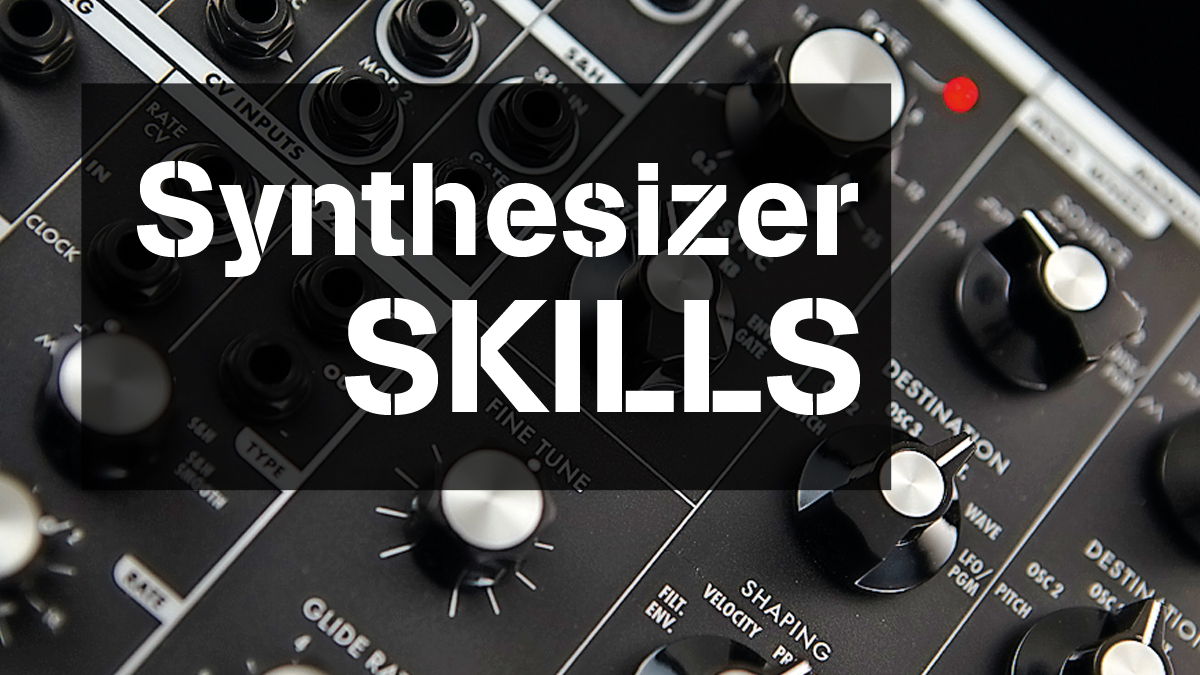
In our new series of tips and tricks, we show you how to get more out of your synthesizers. Be they hardware or software, there are many ways that you can supercharge your synths, and we can help you to learn new skills and improve your workflow.
First up, we take a look at some simple mixing techniques for making synth bass sounds more exciting.
Exciting bass sounds can be hard to get right and, while some synths have plenty of life to start with, plugging a synth direct into your DAW can sometimes result in a fairly flat sound unless you employ some nice outboard on the way in.
Thankfully, there are some great and relatively cheap DIs available nowadays to impart character, and a lot can be done in the mix, too. Try to think of each bass sound you record as just a starting point that can then be taken in any direction you want using layering, effects and EQ. Here's how it's done…
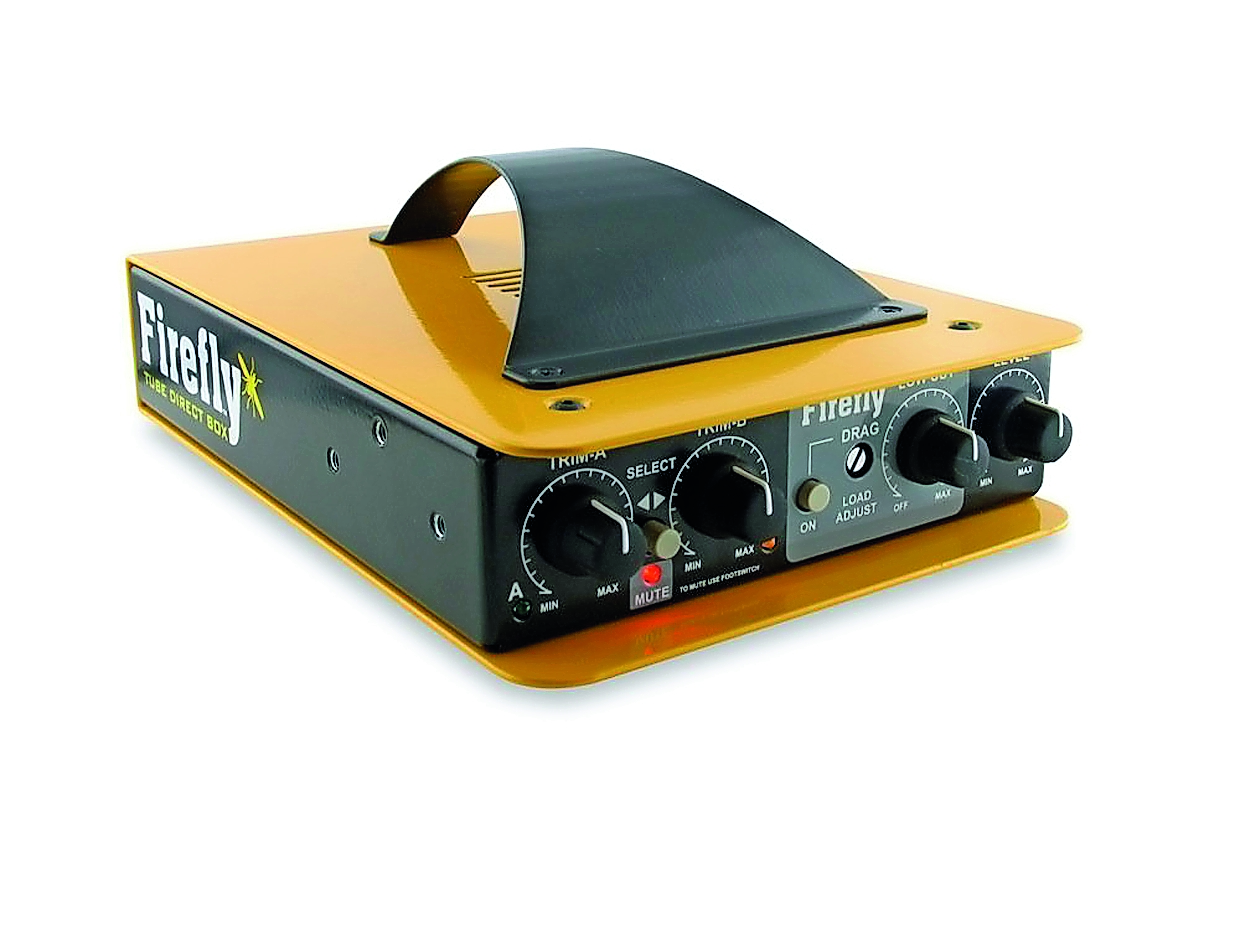
Step 1: Record your bass sound direct from your synth. Always use a high-quality cable and watch that your levels don't clip going into your interface. Also, try using a valve DI box or a high-quality transformer-based preamp to add extra weight, warmth and harmonic detail.
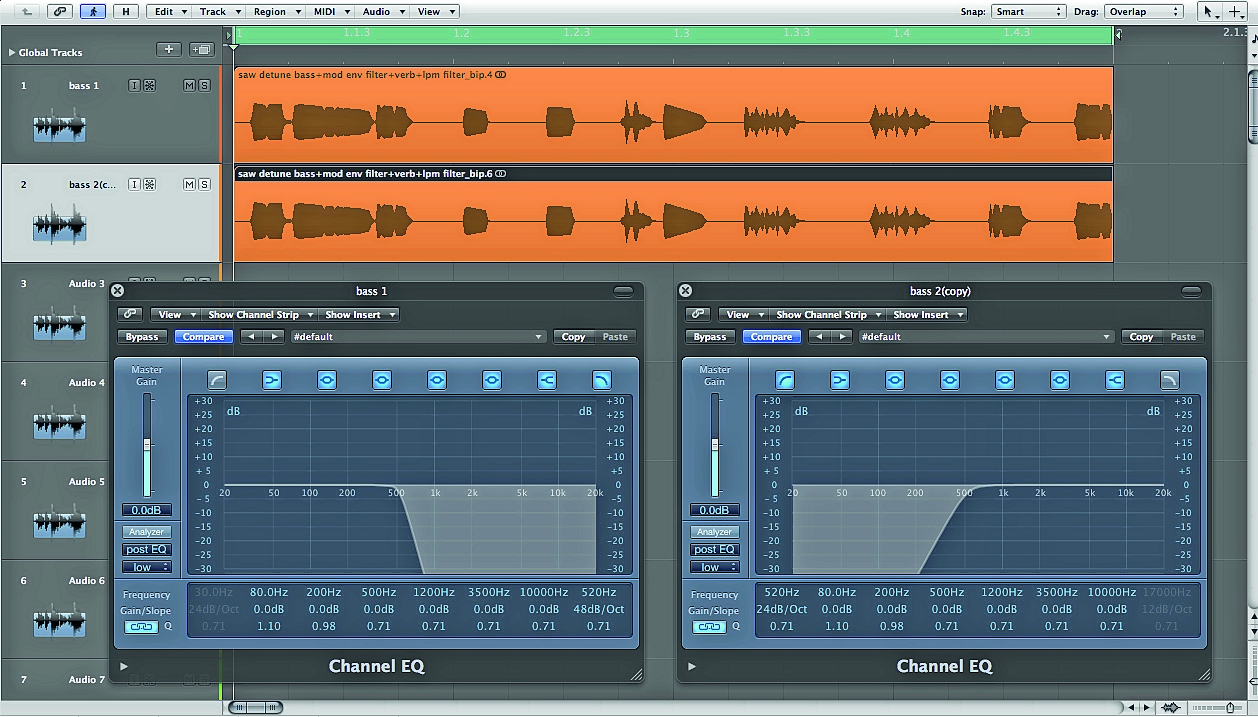
Step 2: Take your bass sound and copy it onto another track, then roll out all the highs from the original sound down to around 500Hz. Next, roll out all the lows up to 500Hz on the copy. This gives you two separate layers to work with from the same sound.
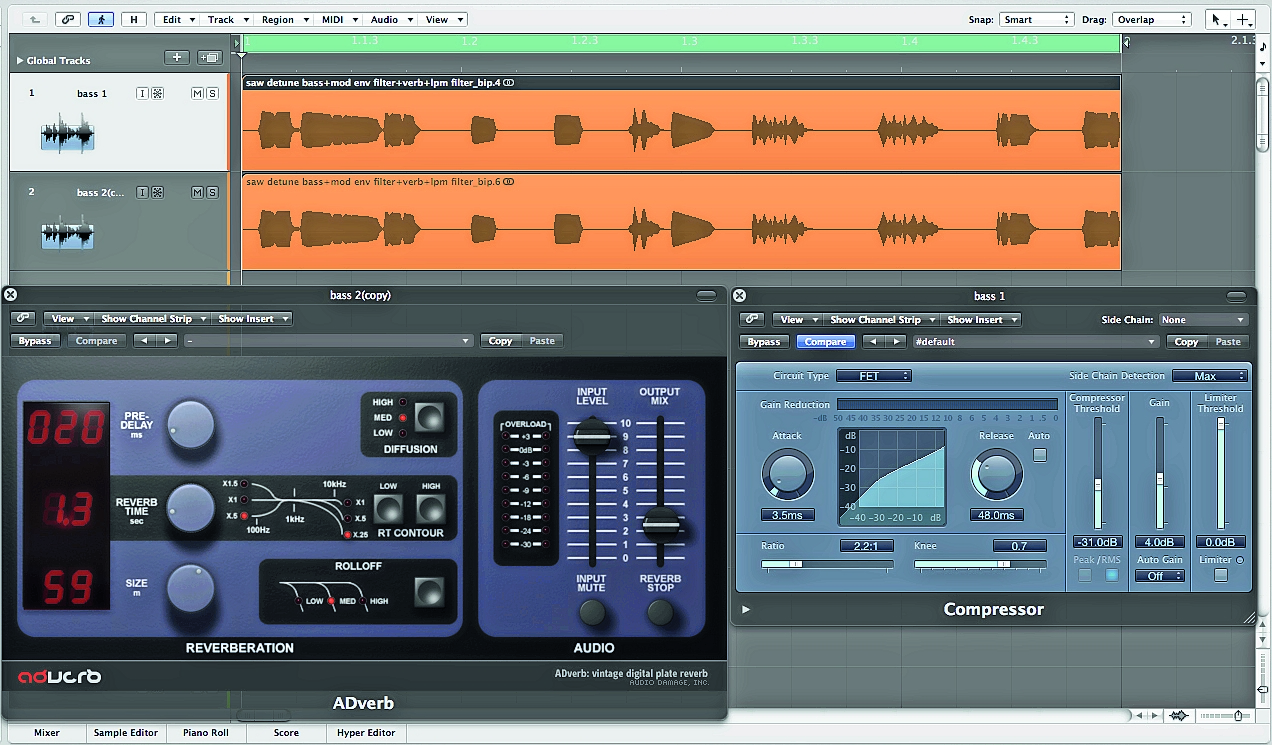
Step 3: You can now process the first layer containing the high-frequency information with reverb or delay, and add a compressor to the low-end layer for punch. Then mix the high and low parts of the sound independently, which gives you more control over your sound in the mix.
Get the MusicRadar Newsletter
Want all the hottest music and gear news, reviews, deals, features and more, direct to your inbox? Sign up here.
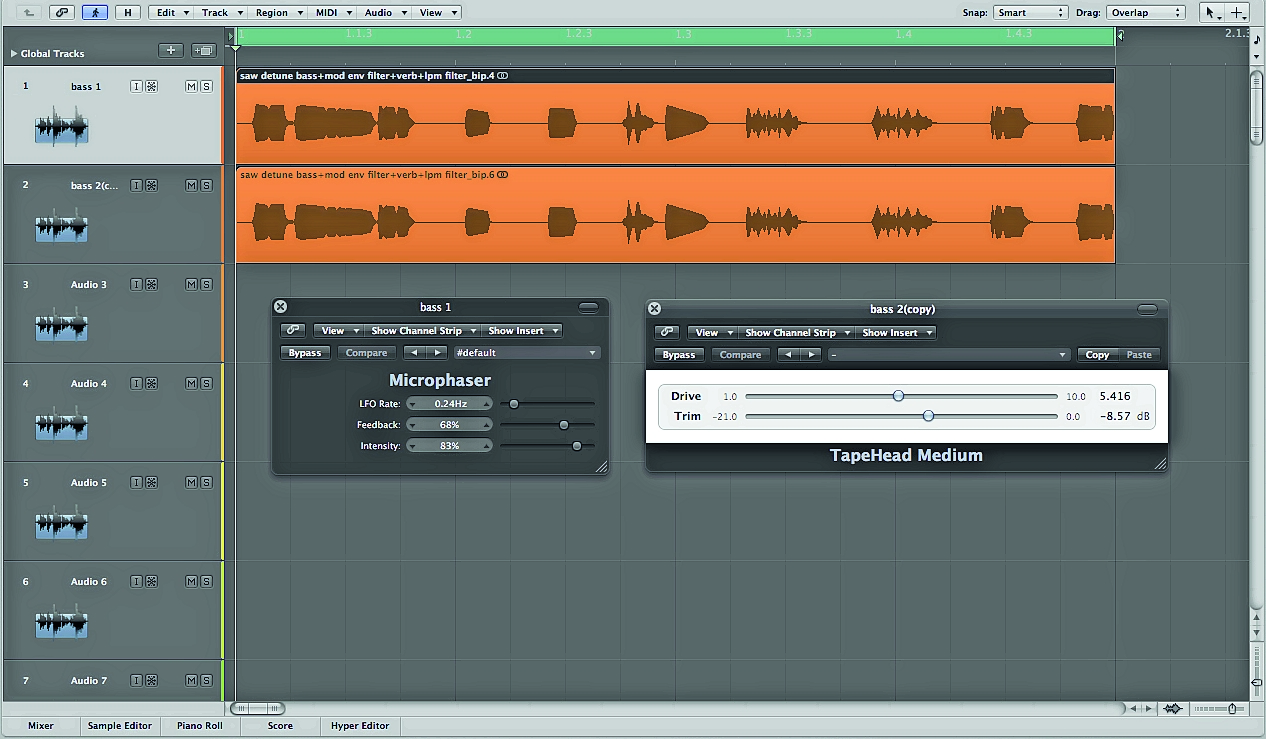
Step 4: For more stereo movement in the high-end, use modulation effects such as phasers and choruses. On the low-end, try distortions, overdrives and tape emulations. It's amazing how much mileage you can get from a simple mono bass sound by simply splitting it into two parts!
MusicRadar is the internet's most popular website for music-makers of all kinds, be they guitarists, drummers, keyboard players, DJs or producers.
GEAR: We help musicians find the best gear with top-ranking gear round-ups and high-quality, authoritative reviews by a wide team of highly experienced experts.
TIPS: We also provide tuition, from bite-sized tips to advanced work-outs and guidance from recognised musicians and stars.
STARS: We talk to artists and musicians about their creative processes, digging deep into the nuts and bolts of their gear and technique. We give fans an insight into the actual craft of music-making that no other music website can.



